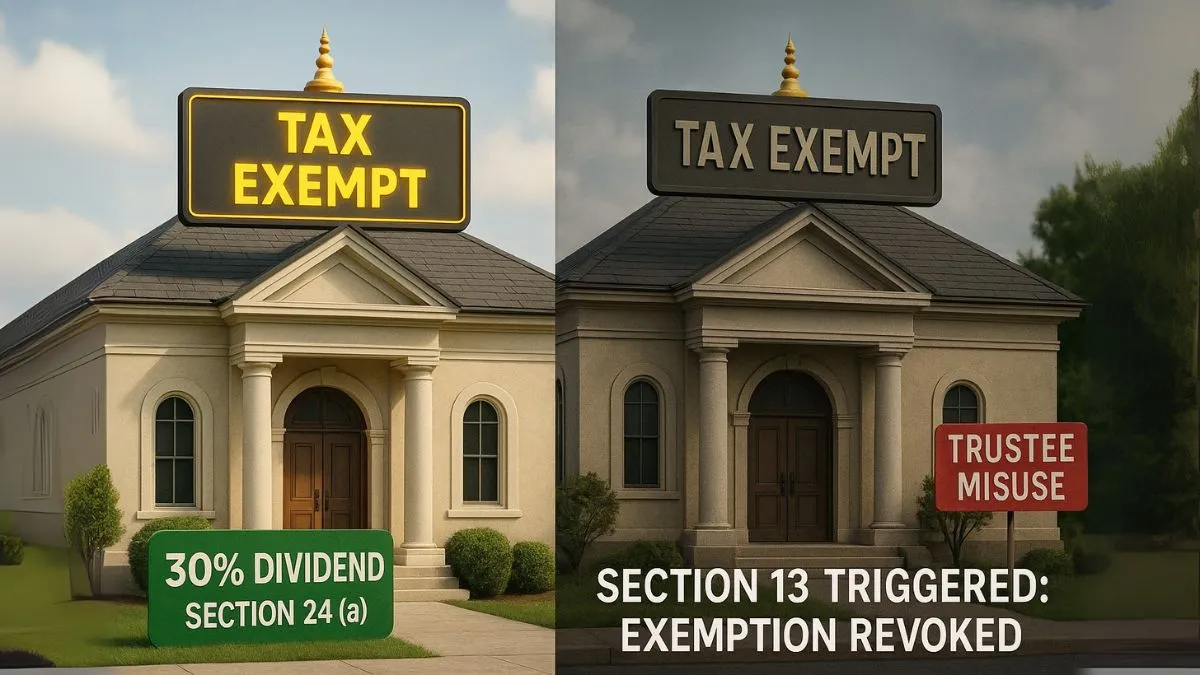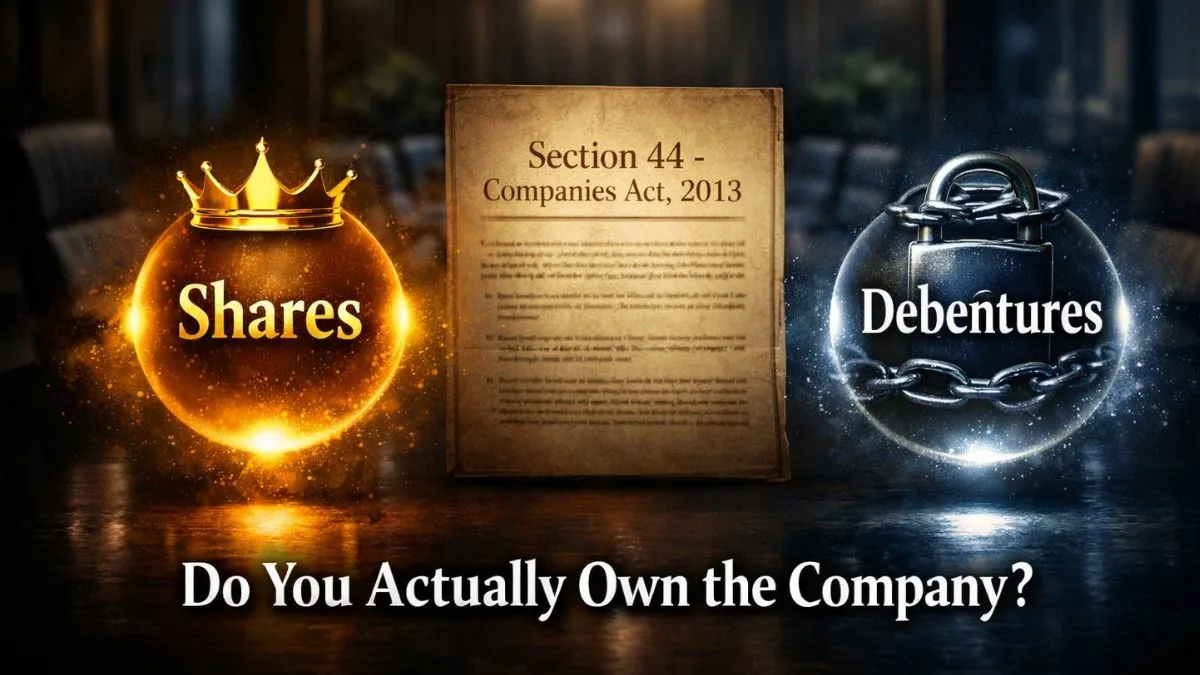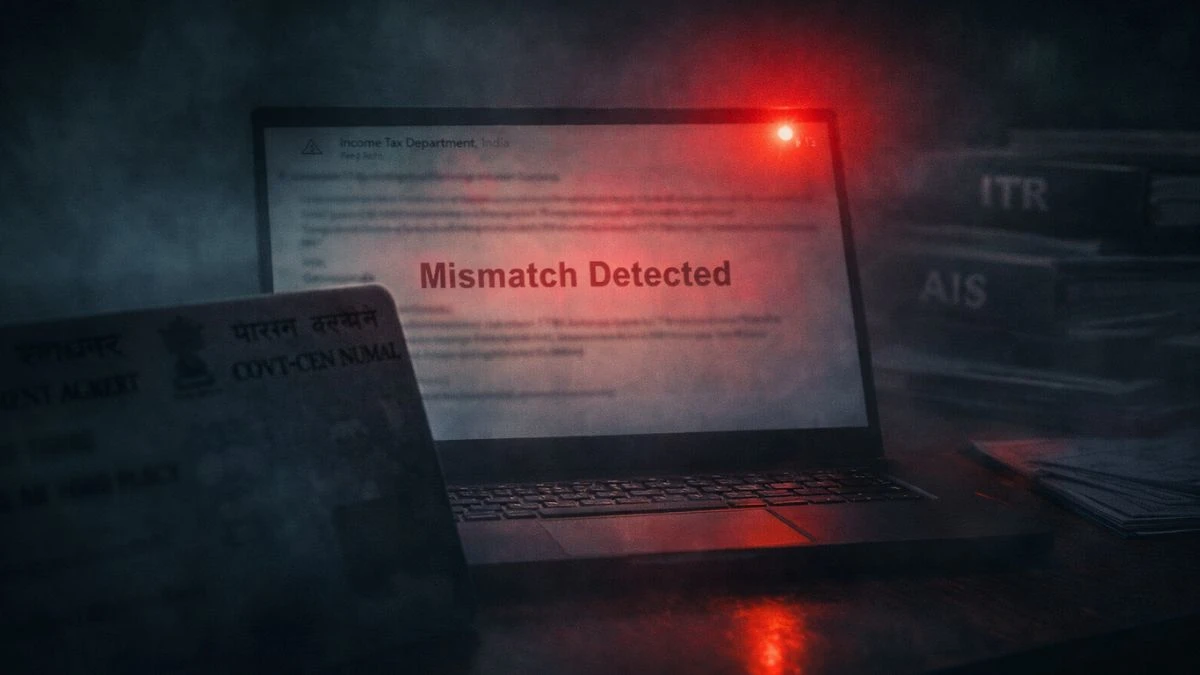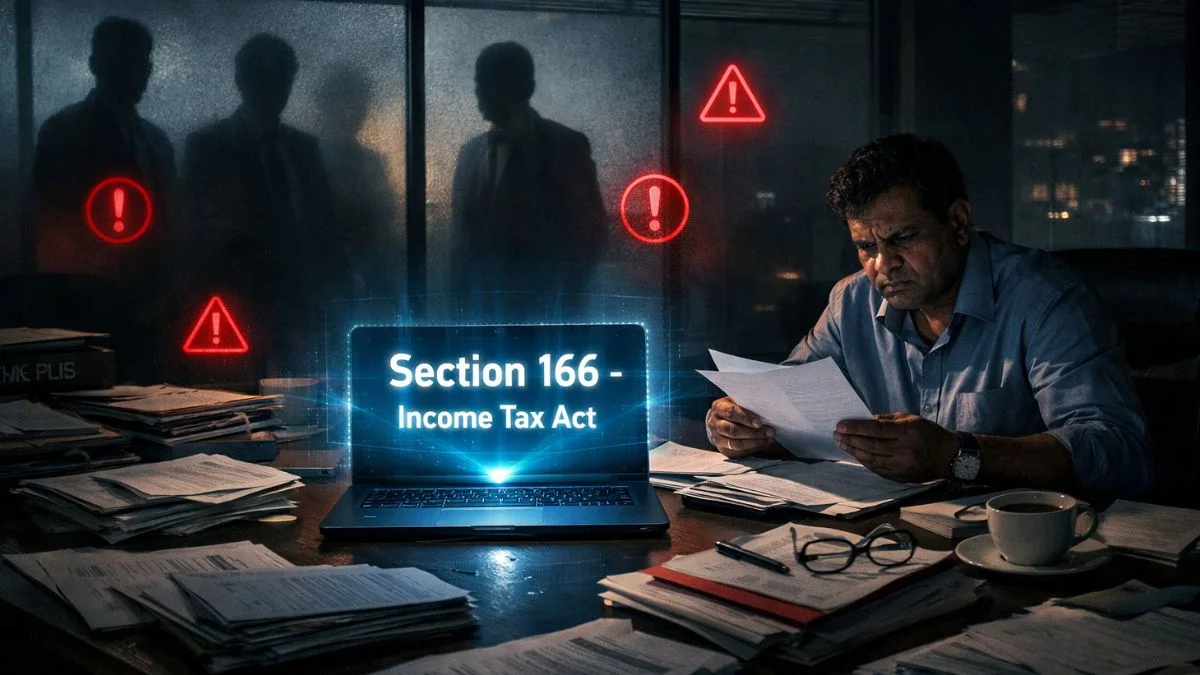
Charitable trusts in India enjoy generous tax benefits under Sections 11 & 12 of the Income Tax Act. These sections allow them to claim exemption from income tax on income applied for charitable or religious purposes. But these exemptions come with strict compliance rules. If a trust violates certain conditions, it loses its exemption, & that’s where Section 13 of the Income Tax Act steps in.
Section 13 is essentially the ‘watchdog provision’ that ensures charitable organizations operate transparently, ethically, & by the law.
In this blog, we’ll break down the provisions under Section 13, the types of violations it covers, & how trusts can avoid losing their tax-exempt status.
What is Section 13 of the Income Tax Act?
Section 13 of the Income Tax Act, 1961 lists down circumstances under which tax exemptions under Sections 11 & 12 shall not be available to charitable trusts or institutions. It is a control mechanism that protects against misuse of charitable status for personal or commercial gain.
In simple terms:
If a trust crosses certain red lines—like benefitting specific people or violating legal norms—it loses its tax-exempt privileges.
Why Was Section 13 Introduced?
To prevent the misuse of tax benefits. The government provides tax relief to institutions that genuinely work for public welfare. However, if those entities:
- Use funds for private benefit
- Apply for income outside India without approval
- Divert money to profit-making ventures
...they shouldn’t continue enjoying tax exemption. Section 13 ensures fairness & transparency in how charitable funds are used."
Key Provisions Under Section 13
Here are the most common grounds that can attract disqualification under Section 13:
✅ Section 13(1)(c): Benefit to Specific Persons
If the income or property of the trust is used directly or indirectly for the benefit of:
- The founder
- Trustees
- Relatives of trustees
- Any person who has substantial control over the trust
...then the exemption under Sections 11 & 12 is disallowed.
Example: Buying a luxury car & allowing the trustee to use it for personal purposes.
✅ Section 13(1)(d): Improper Investments
Trusts must invest only in approved modes under Section 11(5). If a trust makes investments in shares of private companies or land speculation, Section 13(1)(d) kicks in, & the income from those investments becomes fully taxable.
✅ Section 13(1)(b): For Religious Trusts Only
If a trust is established for religious purposes only & it’s not for public benefit (e.g., it’s limited to a particular caste or community), it cannot claim exemption under Section 11."
✅ Section 13(2): Indirect Benefits
This clause lists specific transactions that amount to indirect benefits to prohibited persons, such as:
- Excessive salary paid to relatives of trustees
- Loans given to trustees
- Use of property without fair compensation
Any such transaction can lead to loss of exemption.
✅ Section 13(10): Taxation of Non-Compliant Income
When the exemption is withdrawn due to any violation above, Section 13(10) explains how such income is to be taxed, i.e., at the maximum marginal rate, & no deductions will be allowed.
Impact of Violation Under Section 13
When a trust violates any of these provisions:
- Income becomes taxable at standard slab rates or the maximum marginal rate
- The trust may face interest, penalties, or cancellation of 12A/12AB registration
- Donors may lose their tax deduction benefits under Section 80G if the trust is deregistered
- The reputation & credibility of the organization suffer
Frequently Asked Questions (FAQs)
Q1. Does a violation under Section 13 lead to full taxation of trust income?
Not always. Only the portion of income related to the violation is taxed unless it's a repeated or significant breach.
Q2. Can a trust still get 80G approval if it violates Section 13?
No. Violation of Section 13 can impact 80G eligibility as well.
Q3. Who qualifies as a ‘specified person’ under Section 13?
Founders, trustees, relatives of trustees, major donors (contributors of >₹50,000), & persons with substantial influence.
Q4. How can a trust prevent a violation under Section 13?
Maintain proper records, avoid related party transactions, invest only as per Section 11(5), & conduct regular internal audits.
Q5. Can a violation be rectified?
Yes, if identified early & voluntarily disclosed, the trust may be able to regularize it & avoid major consequences."
Conclusion
Section 13 of the Income Tax Act is not just a legal formality—it’s the firewall that separates genuine charitable institutions from those misusing their privileges. If you manage or consult a trust, being aware of this provision is essential to maintain tax exemption, donor trust, & regulatory compliance.
👉 Worried your trust may be violating Section 13 unknowingly? Don’t risk losing your tax exemption. Let the experts at Callmyca.com help you stay compliant, audit-ready, & legally secure. Book your free consult now—before it costs you.











